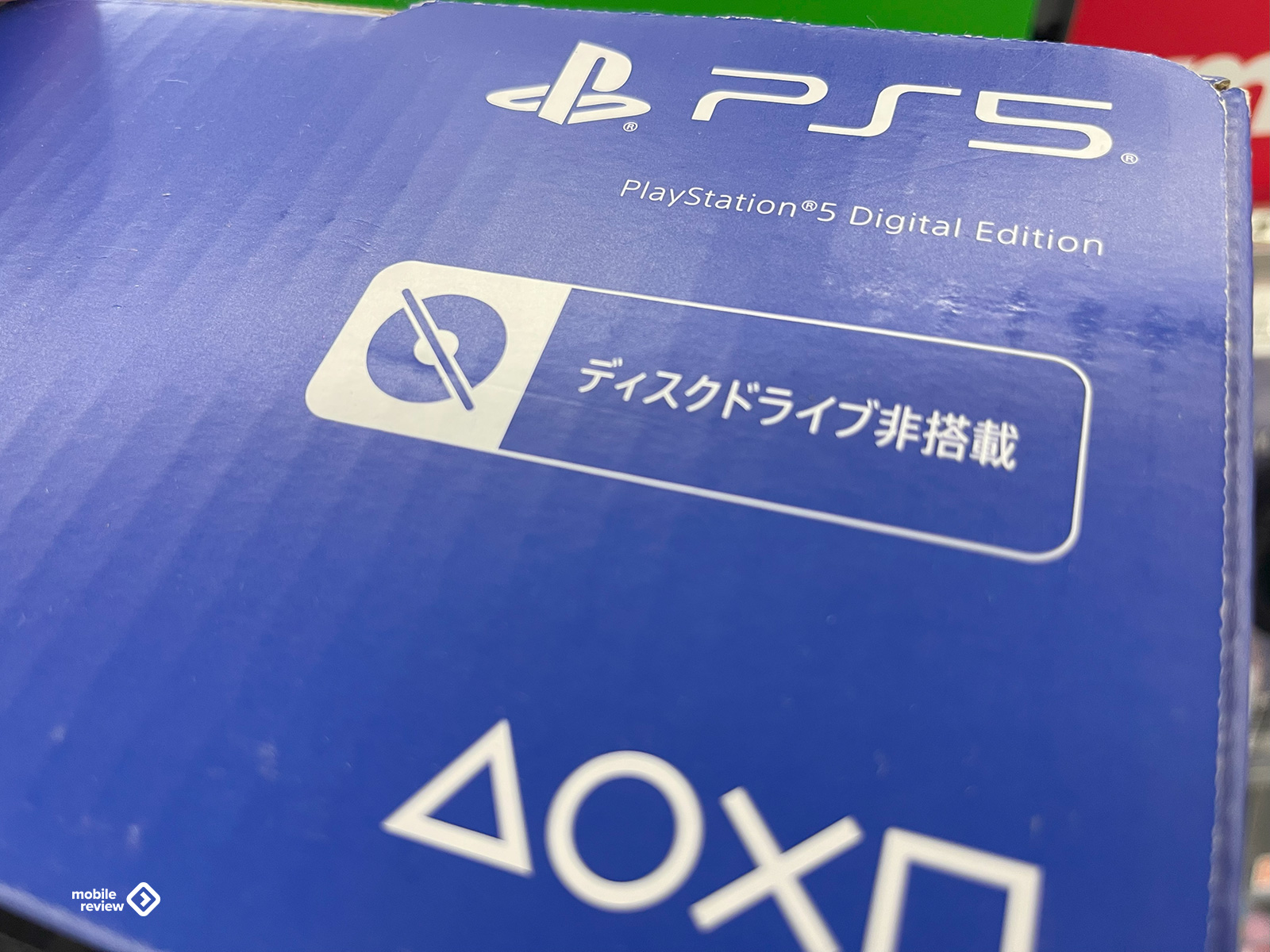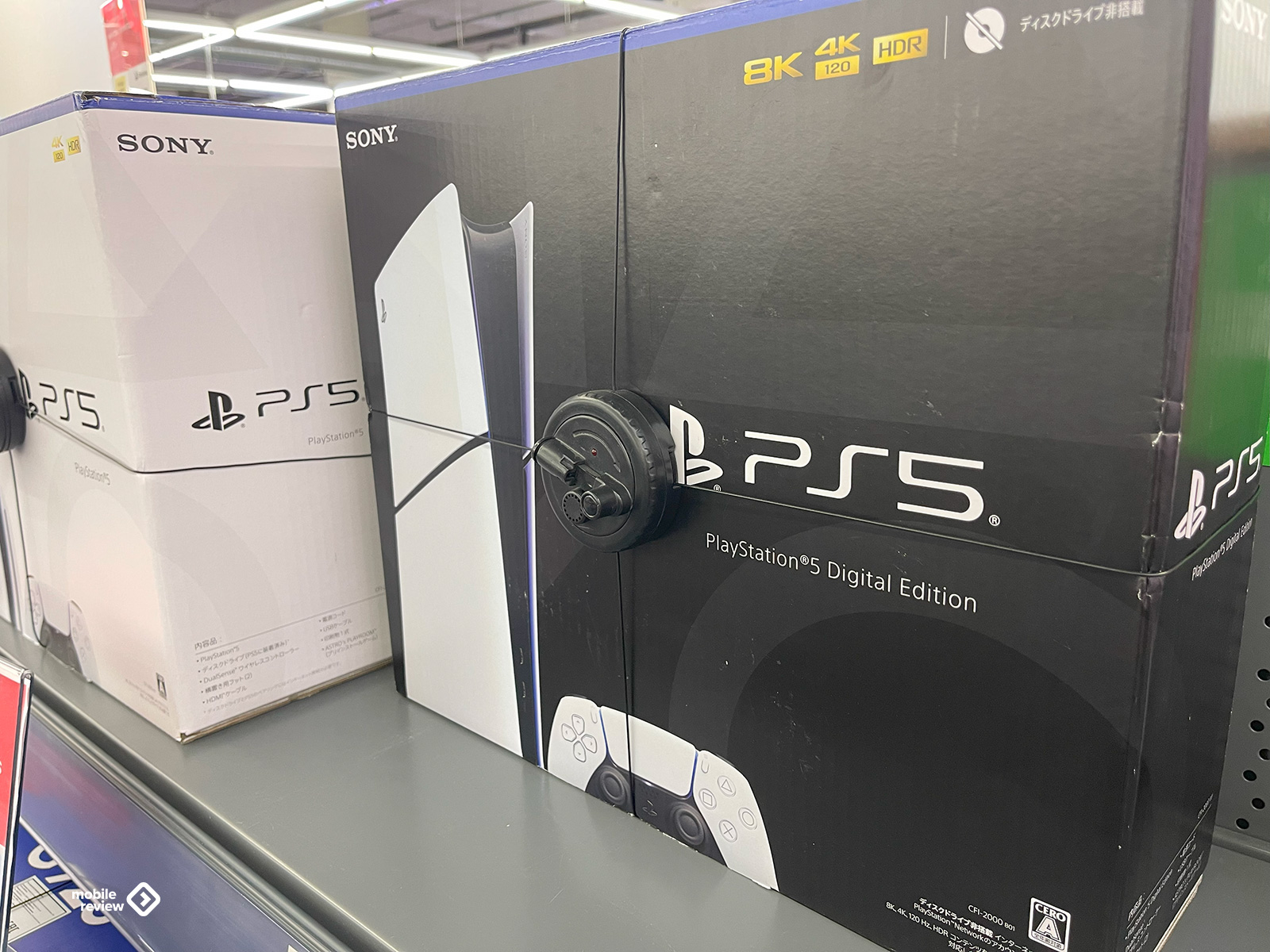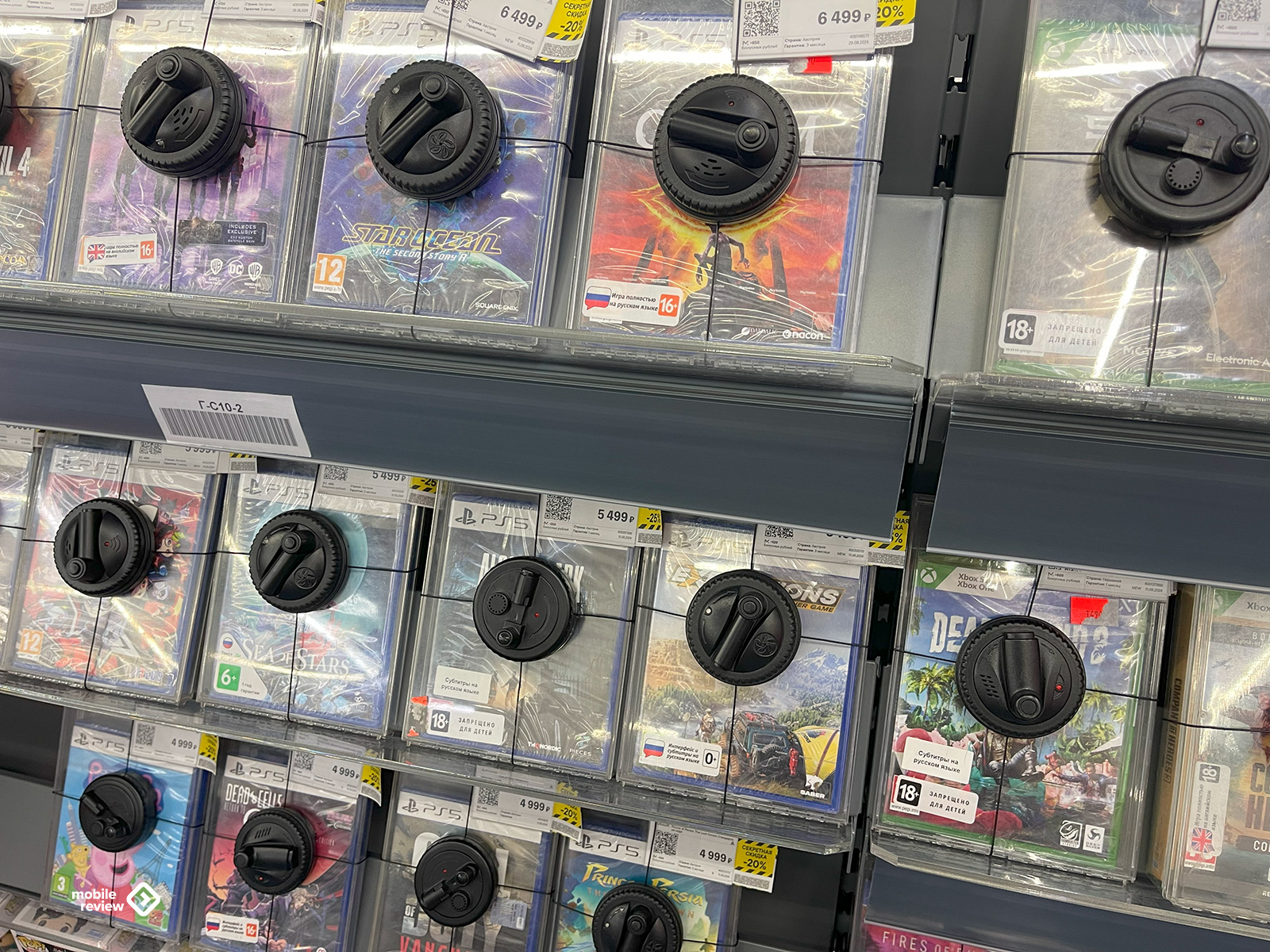With the announcement of the new “premium” PS5 Pro, it becomes clear that gaming companies are going to abandon disc drives and disks as storage media. At the same time, the transition to digital copies of games under the current sanctions is dangerous for citizens of certain countries, because by pressing “one button,” the user’s entire library will disappear ino the blink of an eye. How to be in such a situation and what gamers should prepare for in the near future.
Floppy drive as a privilege
The announcement of the PS5 Pro brought the removable disc drive for the console to the top of sales on Amazon, and the accessory was completely sold out at the Best Buy electronics chain. And this is not just a problem in the US. The new “premium” console has only one version for the whole world – it does not have the ability to play from discs, unlike its “amateur” version, which was released back in 2020. The price for a removable solution is on average between $75 and $80 (from 6870 to 7330 rubles).
In such circumstances, game fans were rightfully outraged by the price tag of the improved version of the “five” – $699 (about 64 thousand rubles). In the case of the PS5 Slim, the refusal of the disk drive could be justified by the desire to reduce the size of the device. For the Pro, the deprivation of one of the important functions looks more like a harsh attempt to force players to give up disks and go completely digital.
This is not an innovation and not the first warning sign. Similar processes are already underway not only at Sony, but also at Microsoft. The whole GamePass saga is, among other things, an attempt to accustom gamers to digital technology and to the fact that a game is not a box on a shelf, but an avatar on a TV screen. As a result, disc drives are becoming a privilege and require additional spending for them. Whether you are a collector or have a bad Internet connection – for companies, such players are no longer the target audience.
At the same time, producing discs for the companies themselves requires more expenses than adding games to digital stores. Therefore, the refusal of discs in special editions is also hardly dictated only by the fear that such versions will get to stores earlier and the game will be “leaked” to the network before the release. This is still a business, and this approach allows you to earn more. For a collector, not having a disc in a gift, more expensive edition is now the norm, although before this was unthinkable.

Distribution of content over the Internet is generally risk-free, companies assure. But many players already know in practice that this is far from always the case. In addition, many countries in the world still do not have sufficiently stable and fast access to the Internet. And if the Internet does not depend on the companies that own digital stores, then a direct ban on access to their own game library and closing access to new projects is their direct decision, albeit dictated by the requirements of the authorities.
Digital Paradise Turns Out to Be a Mirage
If initially, when the PS Store and Xbox Live were experiencing their heyday in the late 2000s, downloading games from the network seemed like something unusual and tempting, now it’s commonplace.
However, the digital paradise – the ability to get a game right away, without having to go to a store or wait for a courier – turned out to be a mirage. Now, accounts can be blocked under certain conditions, transactions for new releases can be rejected, and access to multiplayer can be restricted.
Now disks are, on the contrary, simpler and more convenient in some ways – they cannot be turned off or banned. At least, this has not yet been implemented technically. The known potential risks for the carrier are its theft or breakage. Both options are possible, but this is a question for the player and his attitude to his own physical copy.

The disc imposes not only responsibility, but also opportunities that some may have forgotten. You can give it to a friend so that he can play the game for free. And so alternate projects between each other. And then put the disc on an online service and sell it to another player, recouping part of the costs of the purchase. At release, the difference between a new and a sold copy can be less than 1 thousand rubles. This will not work with a digital version, and you also need to buy it for more than rubles.
It makes sense to consider the value of the game beyond 2-3 years, in a decade or more – for replaying or selling as a rarity. And here, too, discs win over digital. Who can guarantee that the PS Store or Xbox Live will work in 2050? Or in 2100? It is very likely that the platforms themselves will work online, but will the entire 2024 library be available there half a century later? Far from certain.
Even now, some games cannot be found officially in digital stores. This means either unofficial actions and searching for a copy on pirated resources, or buying a disc version. The first carries certain risks in the form of getting viruses or unstable operation of the device. The second option may require only the right game console – if the project does not have backward compatibility on new devices.
Metal Gear Solid 4’s exclusivity for PlayStation 3 has not yet been lifted, meaning the game can only be played on this console. The project was released in June 2008, and yes, it is available digitally, but still only when downloaded to the PS3. And this is a game that is world famous and adored by critics and players. Other projects may face a sadder fate, up to and including almost complete oblivion.
Another problem may be copyright. Because of the music on the radio stations in GTA IV, many songs had to be urgently changed. In connection with this, now you can play the very same, original version of the hit from Rockstar Games only from a disk. And we cannot ignore simpler problems such as conflicts between the publisher and the owner of the digital platforms on which these games are placed. Sometimes such steps can be taken for the sake of promoting their own digital store.

What to do next?
The abandonment of the disk drive is not an accident and is not a measure that companies will abandon in the near future. Switching to other media is possible, and Nintendo is especially fond of this. But this still confirms the main trend that has been happening in the gaming industry in recent years – disks, like other media, will become a rarity, and disk drives – a privilege for which you must be prepared to pay.
Subscriptions, like other ways to fully transition gamers into the digital ecosystem, will have advantages for players who are not interested in playing individual games, but want to try as many different projects as possible. In such conditions, for those who want to spend time only on a small number of favorite projects, no more than 10 titles per year, it definitely makes sense to still opt for discs.
Having a box with a project on the shelf is currently the only way to keep the game for many years without the risk of losing it in the event of a company collapse, service shutdown, account deletion, or the introduction of total bans on purchases, etc. due to the political situation.
Having Robert Ludlum’s The Bourne Conspiracy or Urban Chaos: Riot Response on your shelf now is like owning a jewel. Both projects are available unofficially from “pirates”, but you can only play these games “without dancing with a tambourine” from the official disc. Until the companies change course radically and do not abandon discs completely, which is still unlikely, discs with new releases are still worth buying if you want to have access to something always, and not only with the permission of the “real owner” of your copy.
Source: mobile-review.com


